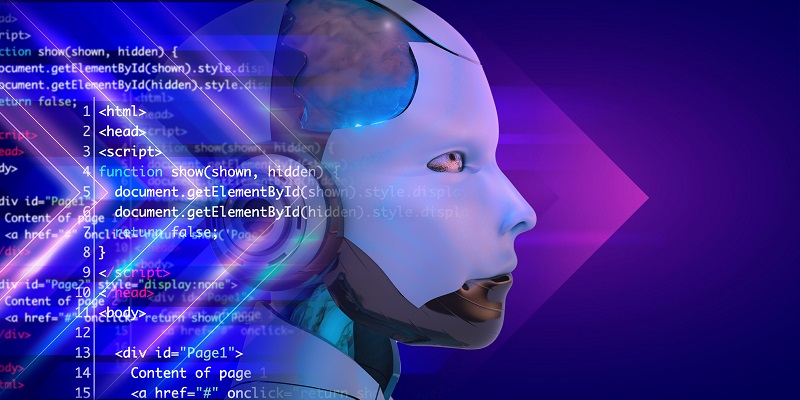The rapid advancements in artificial intelligence (AI) and machine learning (ML) have ushered in a new era of software development. Their integration with DevOps methodologies has the potential to revolutionize the entire software development lifecycle. This article explores the transformative power of AI/ML integration in DevOps, focusing on its ability to enable faster code development, improve software efficiency and reliability, automate data analysis, and enhance the overall DevOps experience.
The Transformative Potential of AI/ML Integration in DevOps
AI/ML integration holds immense potential for enhancing the effectiveness and productivity of software development processes. By leveraging the power of AI and ML, engineering teams can optimize their operations and achieve remarkable results.
Enhancing Code Development Speed and Efficiency
Integrating AI and ML techniques into DevOps can greatly accelerate code development. Tools like GitHub Copilot and AWS CodeWhisperer leverage AI capabilities to provide code suggestions, automate repetitive tasks, and enhance overall development speed and efficiency. Developers can save valuable time and effort by leveraging these AI-powered tools.
Improving Software Reliability Through AI/ML Integration
One of the critical challenges in software development is ensuring the reliability and stability of the code. By applying AI/ML algorithms, developers can automate code reviews and identify potential security vulnerabilities, memory leaks, and other critical issues. This ensures a higher level of reliability and minimizes the risk of software failures.
Automation of Data Analysis in the DevOps Pipeline
Massive amounts of data are generated in the DevOps pipeline, which can be overwhelming to analyze manually. AI and ML techniques enable the automation of data analysis, allowing engineers to extract valuable insights from this data quickly. The identification of hidden patterns, trends, and anomalies becomes feasible through sophisticated AI/ML algorithms.
The Role of AI/ML Algorithms in Enhancing the DevOps Experience
To maximize the benefits of AI/ML integration in DevOps, organizations need to adopt algorithms that align with their specific needs. Customized AI/ML algorithms can be designed to address the unique challenges faced by engineering teams. This tailored approach enhances the DevOps experience by streamlining processes and improving overall efficiency.
Utilizing Tools like GitHub Copilot and AWS CodeGuru
Modern AI-powered tools such as GitHub Copilot and AWS CodeGuru have emerged as game-changers in the development landscape. These tools leverage AI/ML techniques to assist developers in writing code, offering intelligent suggestions and automating various tasks. The integration of such tools enhances collaboration, speeds up code development, and boosts overall productivity.
Automated Code Reviews for Identifying Vulnerabilities and Memory Leaks
Manual code review processes can be time-consuming and prone to human error. By implementing automated code review tools driven by AI/ML, organizations can identify potential security vulnerabilities, memory leaks, and other code quality issues swiftly and accurately. This proactive approach ensures the reliability and stability of the software.
Codeless Automation Macros for Regression Testing through RPA
Robotic process automation (RPA) combined with AI/ML integration facilitates the creation of codeless automation macros for regression testing. This eliminates the need for manual scripting and reduces human effort significantly. RPA-driven automation streamlines the testing process and enables developers to focus on high-value activities.
Identification of Hidden Patterns and Trends through AI/ML in DevOps
The integration of AI/ML empowers engineering teams to discover hidden patterns and trends within the vast amount of data generated during the DevOps pipeline. These insights offer valuable information for process optimization, decision-making, and continuous improvement. Anomaly detection techniques further enhance the ability to identify irregularities and abnormalities in system behavior.
The integration of AI/ML in DevOps has the potential to revolutionize the software development industry. It empowers engineering teams to accelerate code development, improve software reliability, automate data analysis, and enhance overall productivity. Organizations that embrace AI/ML integration harness the full potential of their data and make informed decisions, leading to more efficient and competitive software development practices. By embracing this transformative power, businesses can position themselves at the forefront of innovation in the DevOps landscape.

